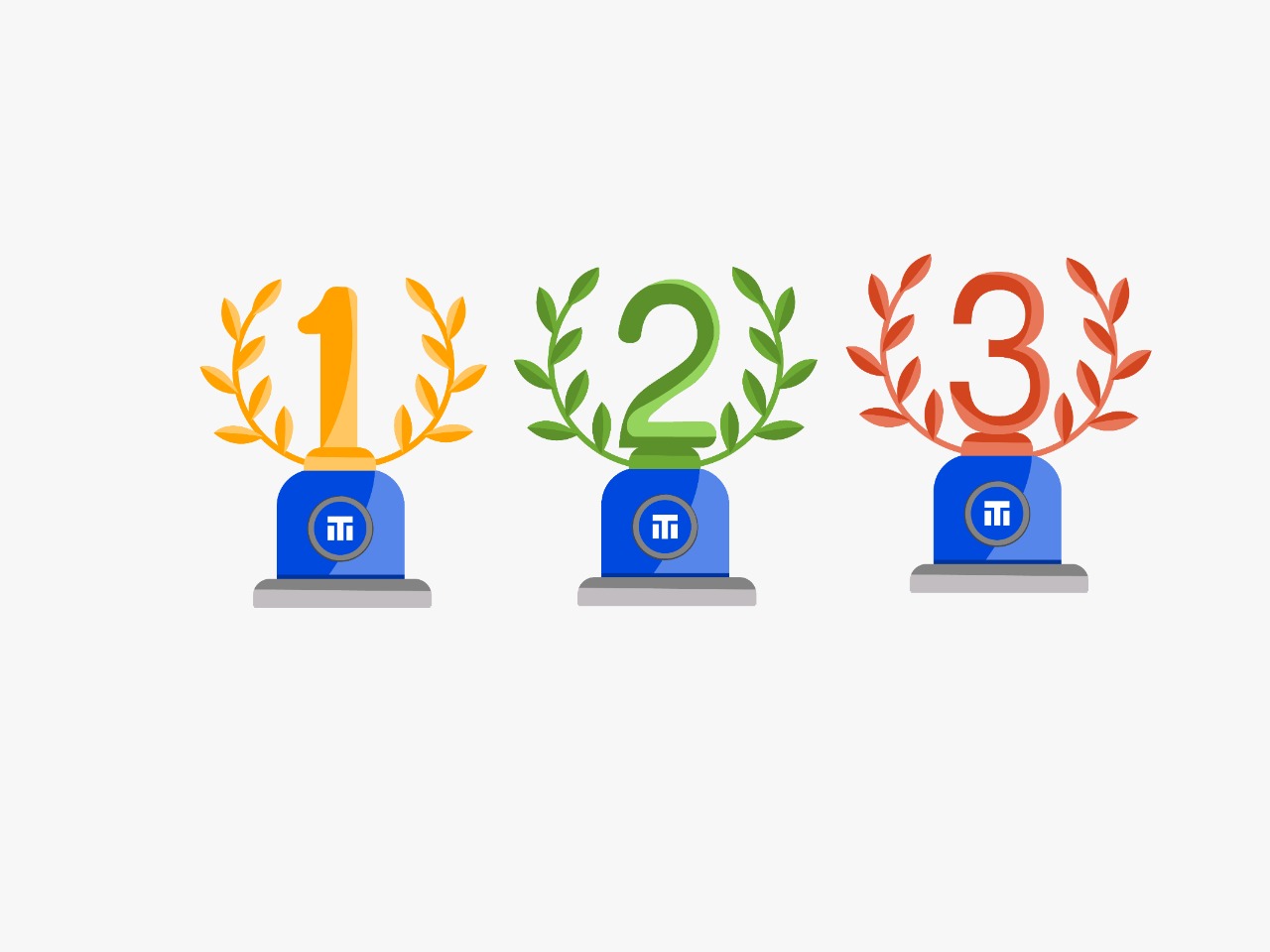Collaboration between companies, investors, and entrepreneurs has long proven to be a cost-effective way of achieving specific business objectives that the individual entities could not otherwise accomplish. It has the advantage of allowing the cooperating bodies to gain access to specific skills and resources, achieve greater economies of scale, or synergize their specializations with other collaborators. In line with this, collaboration can come in a variety of forms depending on how resources and responsibilities are shared between members.
However, collaboration also comes with a variety of challenges mostly brought about by the inevitable friction between differing systems — something that TripleOne is keen on addressing with its take on modern collaboration. See, beyond raw conflict, other challenges of working with a wide base of collaborators include the added burden of determining how to share responsibilities and resources, inefficient and ill-defined systems for communications, and deadlocks and slowdowns in decision-making that worsen as more and more members become involved.
One of the most important aspects to be highlighted regarding TripleOne is that the concept aims to be fully financially self-sufficient. As such, users or any other individuals or institutions are not allowed to invest financially in TripleOne. Instead, the company manages its funding by investing part of its revenues in itself as well as through the personal funding of its founder. This ensures that the system remains independent and decentralized and that the weight of their users’ inputs are weighed based only on the value they contribute to the TripleOne system.
This way, TripleOne offers a way for individuals to leverage collaboration to the fullest through a business model that promises all the benefits of the collaboration without the hassle of navigating issues of communication, coordination, and cooperation, as well as basic conflict of interest. The company aims to achieve this through a digital decentralized system that uses a variety of proprietary services, logistical frameworks, communities, and technologies that work together through a single client to allow members to democratically decide on all aspects of running a TripleOne business.
Central to TripleOne’s decentralized business model is a social media-esque client that utilizes a variety of points, roles, ranks, votes, and badges to allow its users to collaborate in making every significant decision of a TripleOne business and its projects. Projects, on the other hand, can be any financial venture ranging from brick-and-mortar businesses, online entrepreneurship, and investment opportunities in any of the available financial markets.
One of the most unique strategies used by TripleOne is a proprietary voting system that ensures the say of each collaborator is always represented fairly. Each user is allotted several “Normal” votes each month depending on their rank, while “Special” votes are awarded for making ‘correct’ predictions that go against the common consensus. This discourages members from always going with the popular vote and encourages innovative choices. Users may vote positively and negatively on every aspect of TripleOne, ranging from business ideas, job applications, investment opportunities, and other activities
A comprehensive combination of a system of points and segments, which are permanent points, and a ranking system, on the other hand, encourages members to actively participate not only through voting but through the plethora of possible ways available in the TripleOne system. Members are awarded segments, points, and ranking points for voting, having their suggestions selected, being a long-time member, and overall cooperative behavior in the TripleOne community.
The percentage of the total TripleOne budget received by a user is calculated from the number of points and segments they possess, and thus their active, sustained, and consistent positive participation in TripleOne. Similarly, progression through the ranking system provides a variety of different benefits to users, including access to special features on the website as well as a variety of private products, benefits, and services from TripleOne partners all over the world.
Another system unique to TripleOne is a similarly-decentralized job system that builds upon the aforementioned systems for voting and project proposals. Users may apply for a job during a TripleOne company’s project investment sessions, with voting again being the deciding factor as to who gets selected. Application is anonymous and an applicant’s name, gender, picture, and nationality are obscured to ensure that selection is purely meritocratic.
Through a combination of all of the above aspects, TripleOne’s decentralized business model brings about a conducive environment for collaboration, with many of the obstructing factors removed or minimized.
If you want to learn more about TripleOne Inc., you can visit their Instagram at @tripleone. For those interested in signing up to TripleOne or in finding out more regarding their decentralized business model, you may visit their website for waiting list registrations and an in-depth guide to the TripleOne concept.




